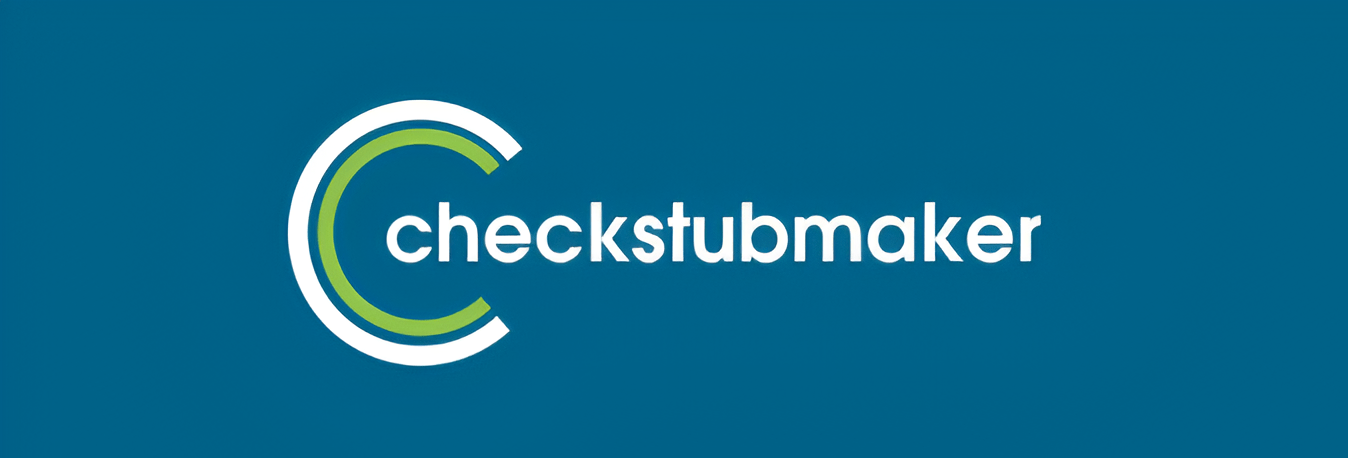
What Is the EFT No. on a Check Stub?
Ever glanced at your pay stub and wondered, ‘What is the EFT no. on a check stub?' Don't fret; that's just the unique number that shows money was transferred...
Aug 31, 2023Have you ever wondered, "What is Hospit on my paystub?" Many employees encounter this term and find themselves puzzled.

Have you ever wondered, "What is Hospit on my paystub?" Many employees encounter this term and find themselves puzzled. 'Hospit' on pay stubs often refers to a High-Deductible Health Plan (HDHP). Based on our first-hand experience, this type of health insurance plan comes with higher deductibles but can offer significant savings on healthcare costs in the long run. At Check Stub Maker , we're experts in all things payroll-related, including decoding the various items on your pay stub related to your healthcare coverage. In this blog post, we'll dive deep into what a High-Deductible Health Plan is, how it appears on your pay stub, how it works, eligibility requirements, and its tax implications.
A High-Deductible Health Plan (HDHP) is a type of health benefit that offers lower monthly premiums in exchange for higher deductibles. This means that you'll pay less each month for your insurance coverage, but you'll need to pay more out-of-pocket before it kicks in to balance any exorbitant medical expenses. HDHPs are designed to encourage you to be more conscious of your healthcare spending while supplying financial security against major medical expenses. These plans are often paired with Health Savings Accounts (HSAs) , which allow you to set aside pre-tax money to pay for qualified medical expenses. Some examples of qualifying medical expenses include:
Our research at Check Stub Maker indicates that HDHPs can be an excellent option if you're generally in good health and don't require frequent medical care.
When you see 'Hospit' amongst normal wages on your nml pay stub , it's typically related to your HDHP contribution. The amount listed under 'Hospit' represents your portion of the HDHP installments, which is deducted from your gross pay on a regular basis. It's important to note that this deduction is often made with pre-tax dollars, which can provide significant advantages. After trying out this product, we found that our pay stub generator helps you easily input and track these deductions, ensuring your pay stubs are precise and comprehensive.
Based on our observations at Check Stub Maker, high-Deductible Health Plans work differently from traditional health insurance plans.  Here's a breakdown of its key features:
Here's a breakdown of its key features:
Overall, HDHPs are particularly beneficial for people who want more control over their healthcare expenditure and are comfortable with a higher level of financial responsibility for their medical care.
High-Deductible Health Plans are widely available to both individuals and families. They can be offered through employers as part of their benefits package. As such, many employers now supply HDHPs as an option alongside traditional health insurance plans like Preferred Provider Organizations (PPOs) . This gives employees the flexibility to choose the coverage that best suits their needs. Through our practical knowledge at Check Stub Maker, self-employed people and small business owners can also access HDHPs through the health insurance marketplace or directly from insurance companies. It's worth noting that not everyone may be eligible for an HDHP, though. For example, if you're enrolled in Medicare, you generally can't contribute to an HSA, which is often paired with an HDHP.
One of the most significant advantages of HDHPs is their potential tax perks. Here's how they can impact your taxes:
We suggest consulting with a tax professional to get a better understanding of how HDHP plans might affect your specific tax situation and check stubs .

In this blog post, we discovered that 'Hospit' on your pay stub typically refers to a High-Deductible Health Plan, or HDHP for short. Understanding HDHPs in greater detail is crucial for taking care of your healthcare costs and making informed decisions about your benefits. Need help creating accurate pay stubs that include your healthcare plans? Try our user-friendly pay stub creator at Check Stub Maker . It's designed to make payroll management a breeze for small and medium-sized businesses. Give us a try today and experience the healthy difference for your financial well-being! If you want to learn more, why not check out these articles below:

Ever glanced at your pay stub and wondered, ‘What is the EFT no. on a check stub?' Don't fret; that's just the unique number that shows money was transferred...
Aug 31, 2023
!3 Reasons to Use a Paycheck Stub Templateshttps://checkstubmaker.com/wp-content/uploads/2018/07/paycheck-stub-templates-300x200.jpg Business owners have so ...
Jul 05, 2018
Ever wondered why you should always ask for a pay stub?
Oct 31, 2023